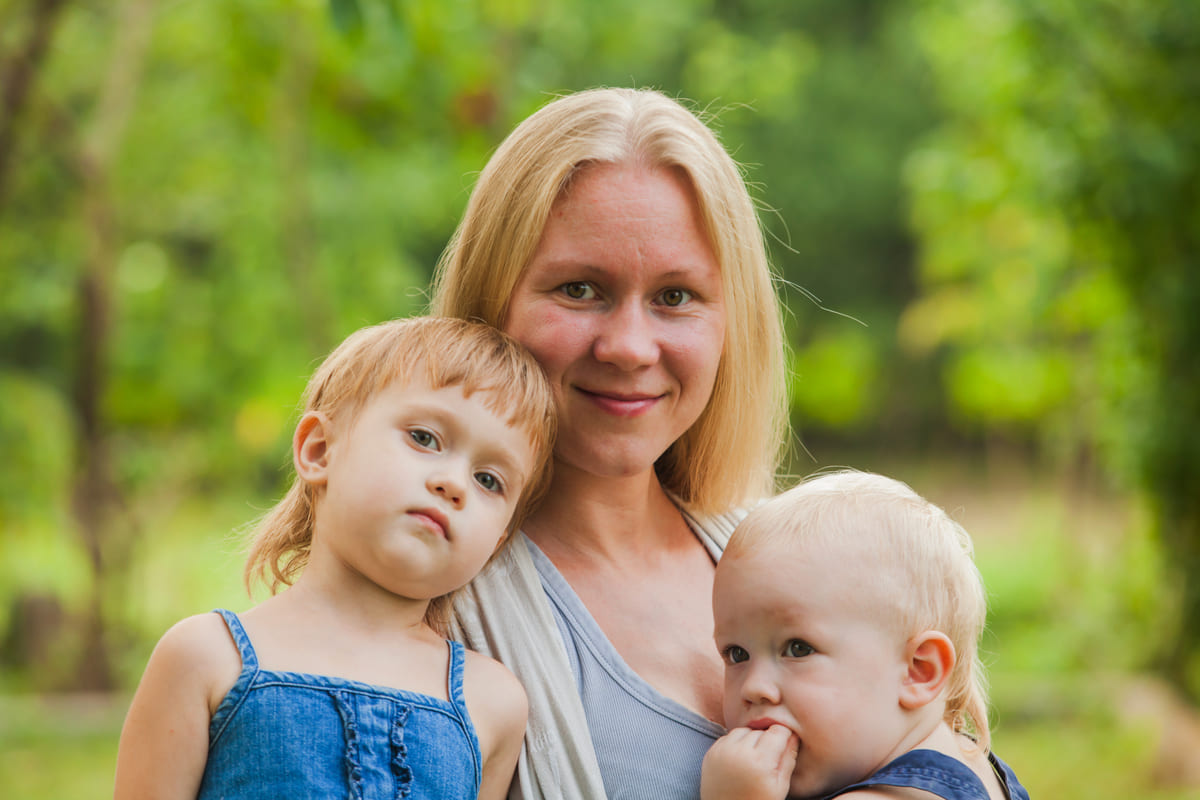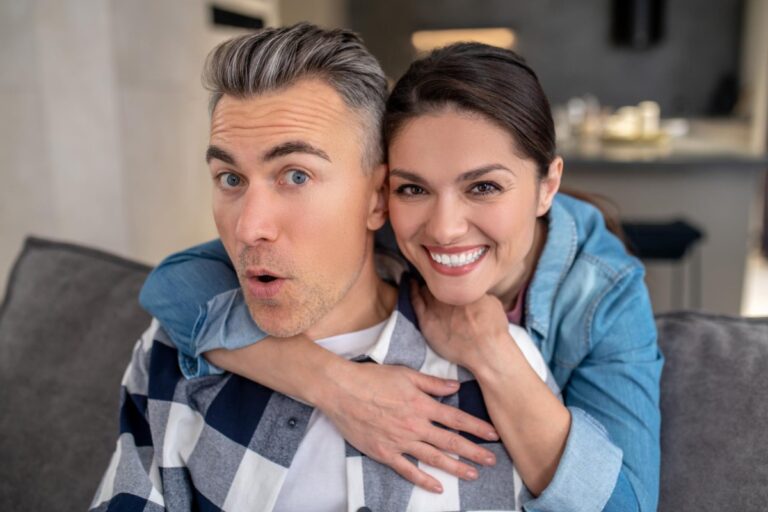12 Misconceptions About Older Moms That Need to Stop and Why They’re Totally Wrong
Becoming a mom later in life comes with its own set of challenges, but it also brings unique strengths and perspectives. There are plenty of assumptions floating around about older moms that aren’t exactly true or fair.
Understanding what’s real and what’s just a misconception can help you see older motherhood in a clearer, more balanced way. This article will walk you through some common myths that need to be set straight.
Older moms are always frail and need constant help
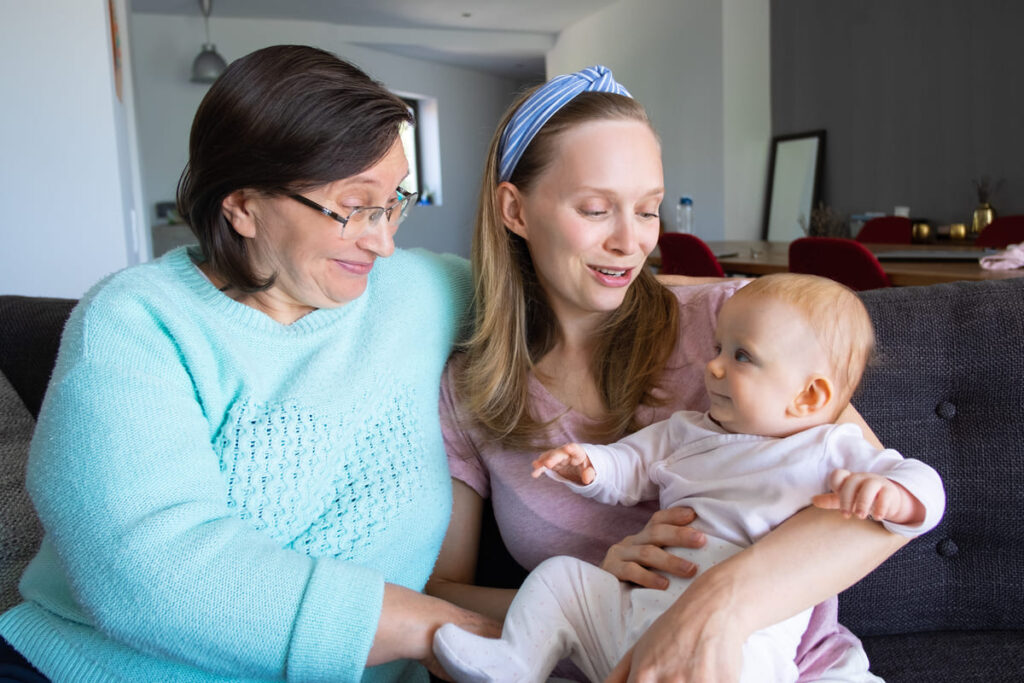
You might think that older moms are fragile and always need someone around to help. The truth is, many aren’t frail at all. Plenty of older moms lead active, independent lives and take care of themselves just fine.
Sure, aging comes with some health challenges, but that doesn’t mean every older mom needs constant assistance. Many manage their daily tasks, hobbies, and family responsibilities without extra help.
It’s also worth knowing that frailty only affects a portion of older adults. In fact, a lot of older women maintain good mobility and strength well into their senior years.
So, before assuming your older mom can’t handle things on her own, consider that she might be more capable than you think. She could surprise you with how much she can do.
They secretly wish to die because of their burdens

You might think older moms who struggle with their health or independence secretly want to die. It’s a common misconception rooted in how hard caregiving and aging can feel. But those feelings often come from exhaustion, not a true desire to end life.
If you’re caring for an elderly mom, you might sometimes catch yourself wishing the stress would just stop. That doesn’t make you a bad person. It means you’re human, overwhelmed by a difficult situation that drags on for years.
Some caregivers admit feeling trapped or desperate, but that’s different from genuinely wanting death. It’s more about hoping for relief—from constant worry, physical strain, and loss of personal freedom.
Older moms themselves may feel like a burden at times. But that feeling is usually tied to frustration and sadness, not a secret wish to die. It’s important to separate moments of tough emotions from the idea that they want to give up on life.
They can’t understand modern technology at all

You might think older moms are completely lost when it comes to gadgets and apps, but that’s not true. Many of them use smartphones, social media, and even video calls regularly. Sure, some may move slower or ask for help, but that doesn’t mean they can’t learn or adapt.
Sometimes technology just isn’t designed with them in mind. Websites and apps can be confusing or frustrating for anyone. Older moms often face devices made without considering their needs or comfort.
If you take the time to show them how something works, they usually pick it up quickly. It’s not about age but the approach and patience. Dismissing their ability to understand tech only widens the gap between you and them.
So, next time you assume they “just don’t get it,” remember they’re probably more capable than you think. It’s often the tech that’s failing them, not the other way around.
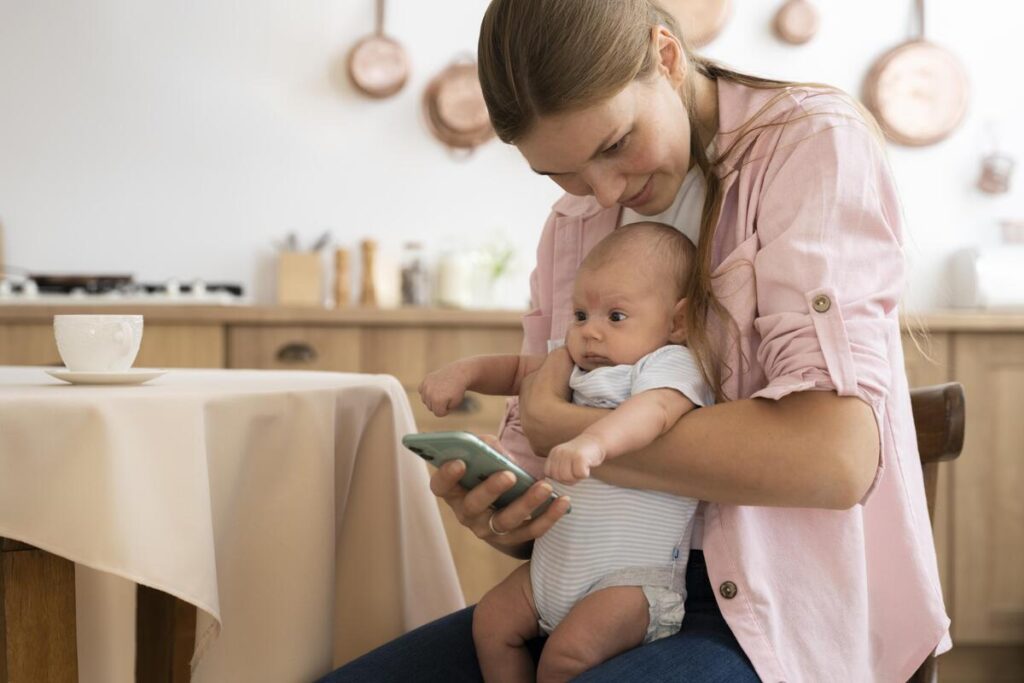
You might hear people say older moms just want to stay home and keep to themselves. That’s not true. Many older moms actually enjoy staying active, whether it’s joining a dance class, going for walks, or trying new hobbies.
Being social is important too. Connecting with friends, family, or community groups helps keep your mind sharp and your mood up. It’s not about slowing down; it’s about finding ways to stay engaged and involved.
If you’re an older mom, don’t let stereotypes stop you from making new social connections or trying out new activities. Staying active and social can improve your overall well-being and give you more energy to handle parenting and life.
They always prefer living in nursing homes
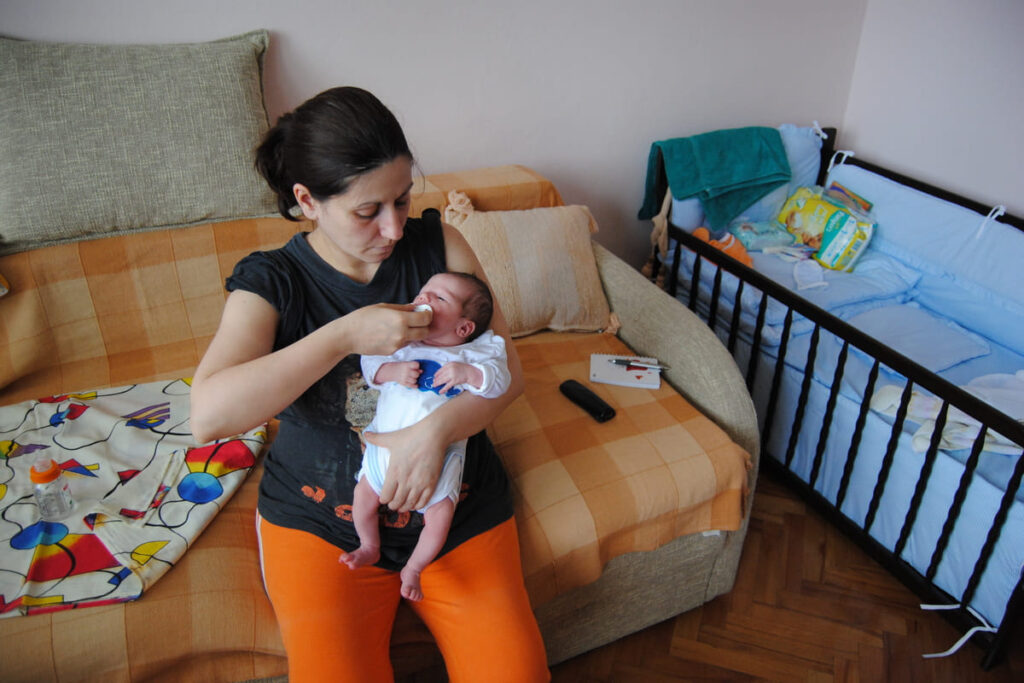
You might think older moms want to move into nursing homes as soon as possible, but that’s not usually true.
Many prefer to stay at home or with family as long as they can. Nursing homes are often seen as a last resort when round-the-clock care is needed.
Some do choose nursing homes because of the support and social activities. But others find options like in-home care or assisted living more appealing.
It’s not about preferring nursing homes; it’s about what fits their needs and comfort best.
Assuming all older moms want to leave their homes can overlook their feelings and wishes entirely.
You should talk to your mom about her preferences rather than rely on assumptions or stereotypes.
They’re emotionally distant and hard to connect with
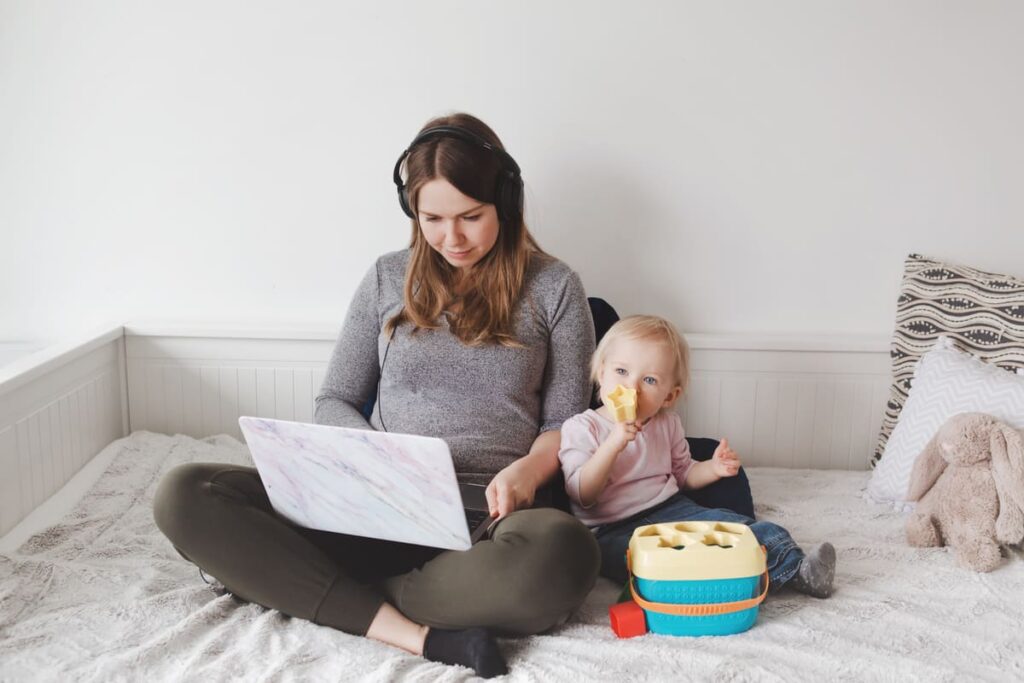
You might think older moms are emotionally distant, but that’s not always true. Sometimes, life experience helps them express emotions in different ways than younger moms. It doesn’t mean they care less or are harder to connect with.
Older moms may have a different style of showing love or support. You might need to adjust your expectations to see their care clearly. Emotional closeness often grows with understanding, not age.
If an older mom seems tough to reach, it could be due to past experiences or personal habits, not her age. Being patient and open can help you build a better connection over time.
Remember, emotional availability varies from person to person. You can find closeness with them by focusing on honest communication instead of assumptions.
Older moms don’t enjoy learning new things
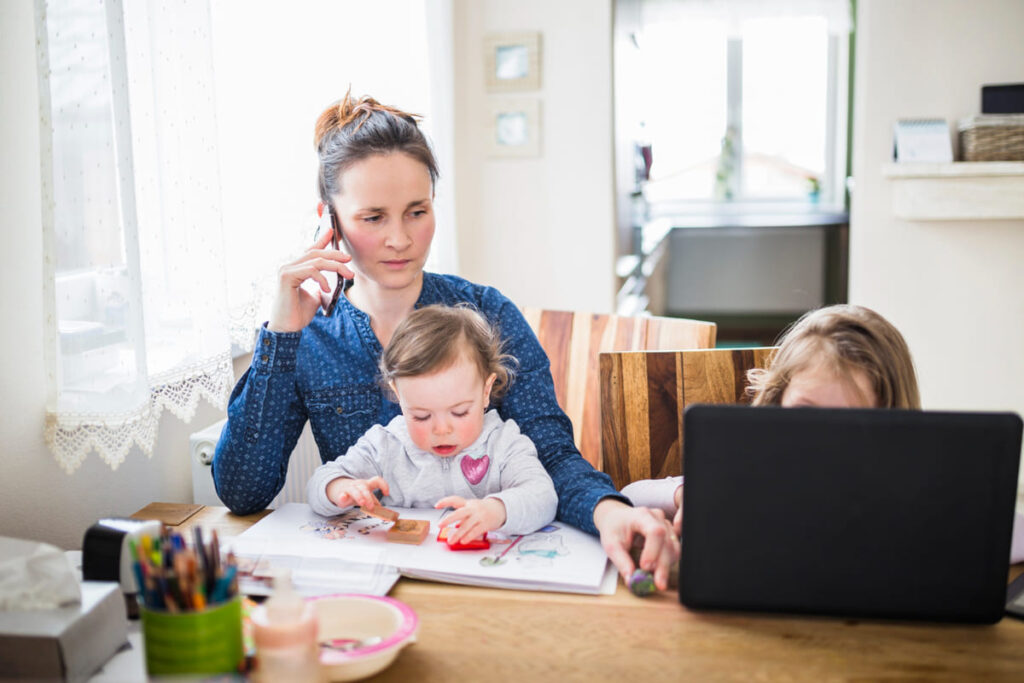
You might have heard people say older moms aren’t interested in learning anymore, but that’s not true. In fact, many older moms actively seek out new hobbies, skills, and knowledge.
Learning keeps your brain sharp, no matter your age. Studies show that picking up something new actually helps your brain grow and stay flexible.
Maybe your mom started yoga, cooking classes, or even a new language later in life. It’s more common than you think and totally natural.
By trying new things, you’re not only challenging yourself but also setting a great example for the whole family. So if you think older moms don’t enjoy learning, think again.
They don’t want to talk about their health or death
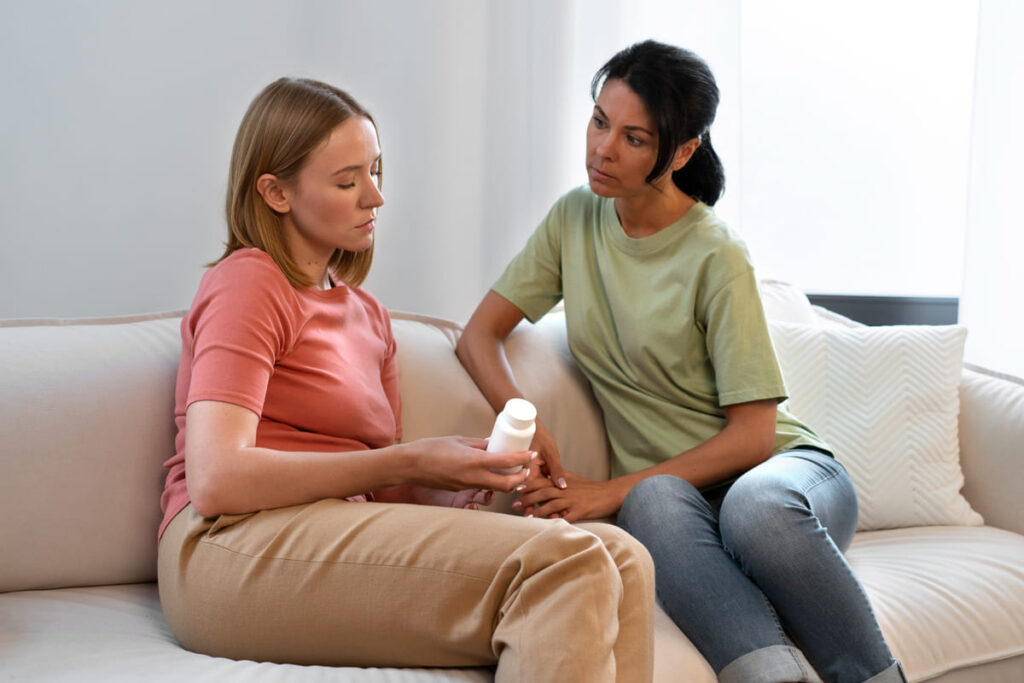
You might think older moms avoid talking about their health or death, but that’s not always true. Many feel uncomfortable because these topics are tough to face or share. It’s not about fear; sometimes, it’s about not wanting to burden others.
Your mom might also believe these conversations should only happen with close family. She could feel it’s private or too personal to discuss openly. That doesn’t mean she’s ignoring her health—it just means she’s cautious about who she trusts.
It’s common for people to avoid “death talk” because society often treats it as taboo. But not talking about it can create confusion or missed chances to plan ahead. If you gently open the conversation, she might be more willing to share than you expect.
All older moms are difficult or high-maintenance
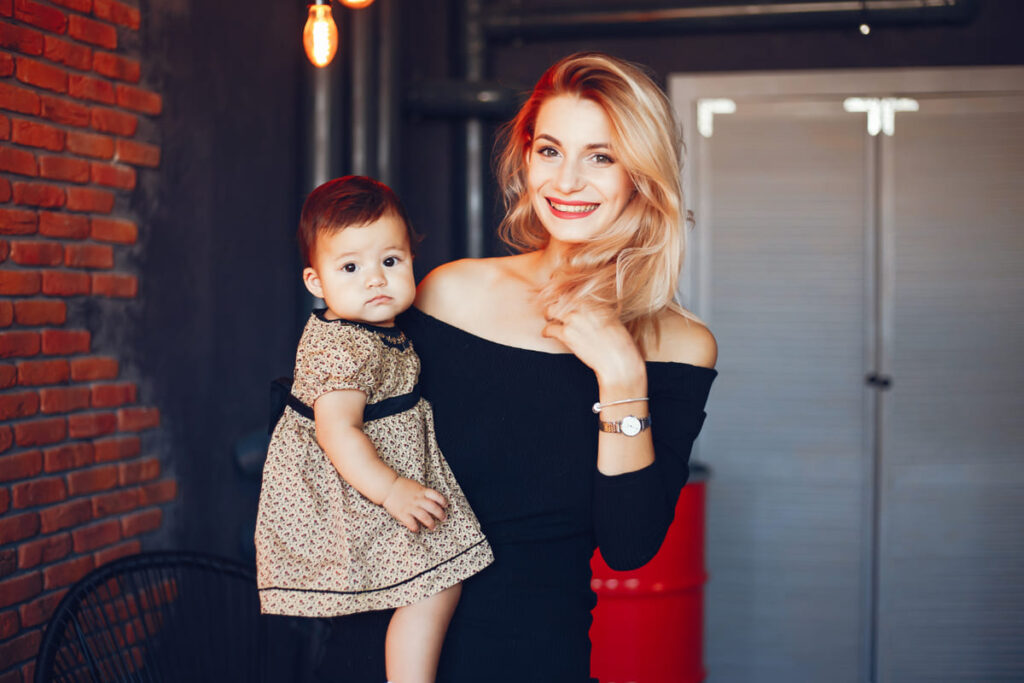
You might think older moms are always difficult or high-maintenance, but that’s just a stereotype. People often assume aging means becoming cranky or hard to please, but many older moms are calm and easygoing. Their personality doesn’t automatically change just because they get older.
Sometimes, what seems like “difficult” behavior is actually a response to challenges like health issues or frustration with memory problems. If your mom seems upset or high-maintenance, it might be because she’s dealing with pain or other age-related changes, not because she wants to be difficult.
Also, remember that caregiving stress can affect how you see your mom’s behavior. Trying to understand what she’s going through helps you be more patient. Older moms can surprise you—they are diverse, just like anyone else, and many are independent and low-maintenance.
They don’t appreciate the care they receive

It’s a common belief that older moms don’t truly value the help they get. But that’s not usually the case. When someone takes the time to care for them, it often means a lot more than you might think.
Sometimes, they might not always say thank you or show it in the ways you expect. That doesn’t mean they’re ungrateful. They might just express appreciation differently or feel uncomfortable asking for or accepting help.
You should also remember that pride and independence matter a lot. They may want to handle things on their own, even when they need support. This can make them seem less appreciative when, in reality, they’re just trying to keep some control.
If you’re caring for an older mom, try to be patient. A little understanding goes a long way, and showing consistent kindness usually helps them feel valued—and more willing to express gratitude in their own way.
Older moms can’t handle being caregivers themselves

You might think older moms can’t be caregivers because they’re too frail or tired. But many still manage to care for others, even if it’s challenging.
It’s true that age can bring physical limits, but it doesn’t automatically mean they can’t help out. What matters is the kind of care needed and whether they have support.
Sometimes, older moms take on caregiving roles without realizing how much strain it puts on them. You may see them pushing through, even when they need help themselves.
Caregiving can be tough for anyone, and older adults are no exception. They often need training, breaks, and backup to keep up their own health.
If you think your mom can’t handle caregiving, look closer — she might surprise you, but also check she’s not overdoing it. Offering support can make a big difference for both of you.
They always want their children to take care of them
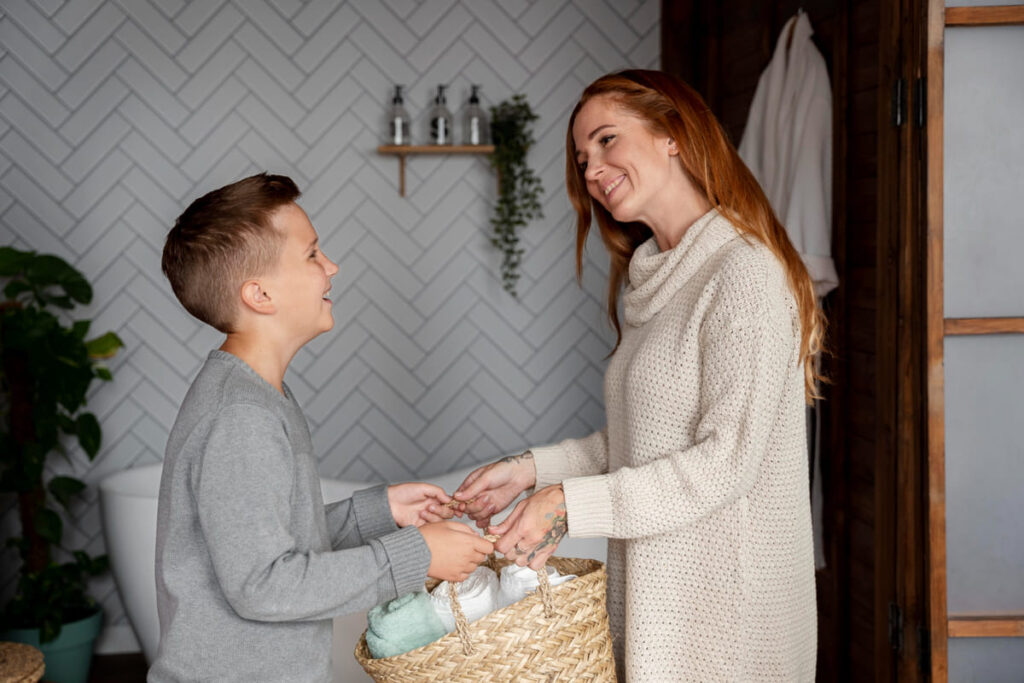
It’s easy to think that all older moms expect their kids to take care of them, but that’s not the whole story. Many want to stay independent for as long as possible and only ask for help when it really counts.
Sure, some moms may hope you’ll assist with things like housework or managing medications, but they don’t always expect you to be their full-time caregiver. They value being in control of their own lives, even when aging makes some tasks tougher.
You might find that your mom appreciates small help rather than constant care. And it’s common for parents to hold onto their autonomy as a way to keep their dignity.
Expecting children to provide care can feel natural, but it doesn’t mean every mom is demanding or clingy. Life spans are longer now, so caregiving situations can vary widely and often aren’t permanent.
Remember, communication is key. You can support your mom without feeling like you have to take over everything. It’s about balance, not obligation.

